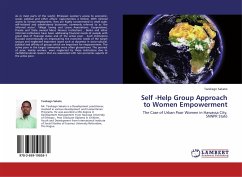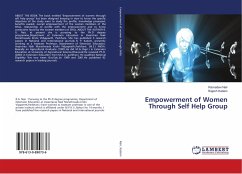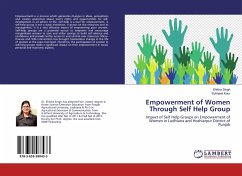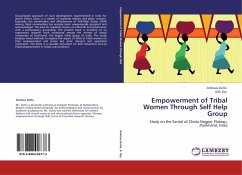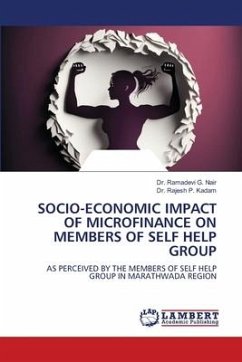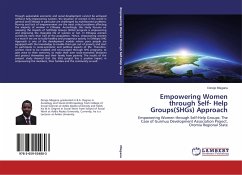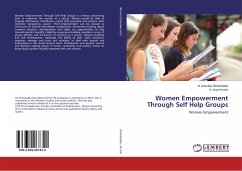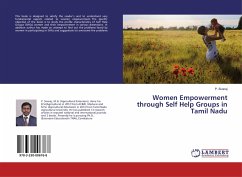As in most parts of the world, Ethiopian women's access to economic, social, political and other affairs' opportunities is limited. With minimal access to formal employment, they are highly concentrated in small scale, self-initiated and administered businesses, commonly referred to as 'the informal sector'. Village Saving and Loans Associations, Cooperatives, Private and State owned Micro Finance Institutions , Banks and other informal institutions have been addressing financial needs of people with great deal of financial status and of the active poor . Such institutions focused conventionally on empowering the economic needs of the target groups and neglected important issues such as dynamics in socio-cultural, political and affinity of groups which are important for empowerment. The active poor in the target community were often glossed-over. The poorest of poor, mainly women, were neglected by these institutions due to multidimensional reasons that are associated with non-economic aspects of the active poor.

